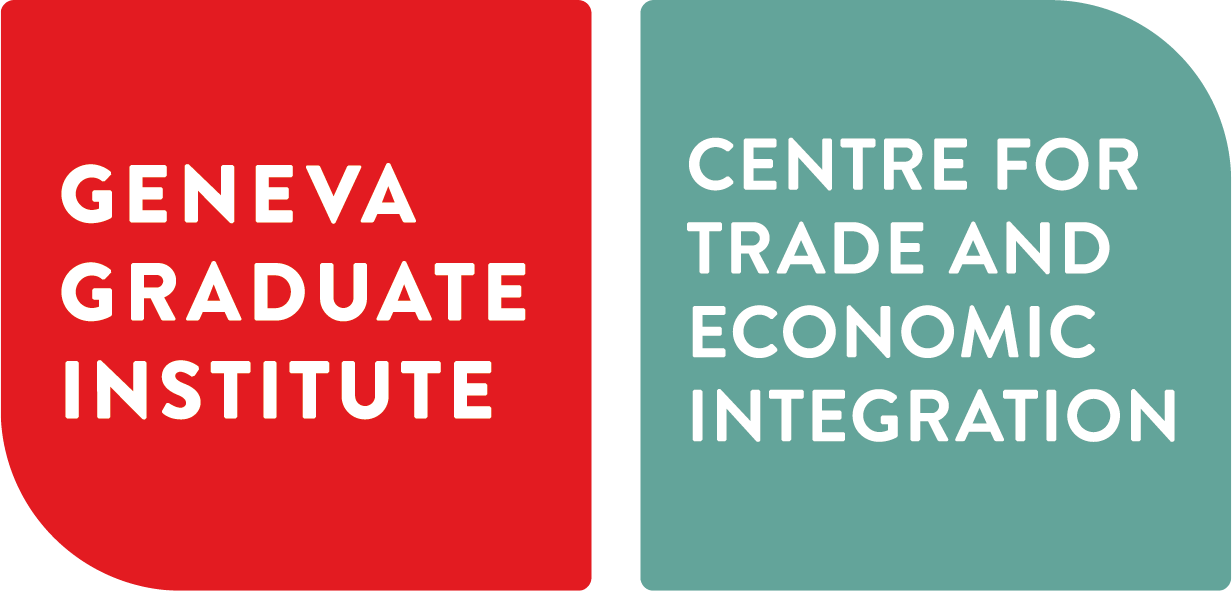Title: Strengthening the Multilateral Trading System Through the Equitable Governance of Work
Organizers: Inter-Parliamentary Union (IPU) and European Parliament (EP)
Description: Provisions on labour rights have played an increasingly important role in bilateral and plurilateral trade agreements concluded in recent years, as part of the general trend towards more sustainability in international trade. This session aims to explore the implications of this trend for the multilateral trading system.
Title: “Until Everything’s Agreed” – Plurilaterals and WTO Reform
Organizers: Permanent Mission of Brazil to the WTO and Permanent Mission of the European Union to the WTO
Description: The Uruguay Round made the varied architecture of the Tokyo Round Codes multilateral and established the principle of the “single undertaking”. There seemed to be an overall sentiment that multilateralism was the way forward. After 26 years, the most recurring criticism of the WTO is that its negotiating function has been paralyzed. Consensus within a large and diverse membership has become increasingly difficult, if not impossible. Revitalizing the negotiating function of the WTO is crucial to its credibility, but it now requires a new architecture. WTO reform, therefore, may need to include the possibility of certain Members reaching agreements with each other. The Joint Statement Initiatives subscribed by WTO Members could be a flexible and complementary means of negotiation at the organization. With transparent and inclusive procedures, negotiations may advance at different speed. The multilateral trading system cannot wait until everything is agreed.
Title: A WTO Fisheries Subsidies Deal: What it Means and Why it Matters
Organizers: The Pew Charitable Trusts and International Institute for Sustainable Development (IISD)
Description: According to FAO, one-third of fish stocks are already exploited beyond sustainable levels, and the trend for decades has been ever downwards. While harmful subsidies may be aimed at helping coastal communities, they can instead encourage fishing beyond profitable and sustainable levels in coastal waters and on the high seas, degrading the resources on which these communities depend and jeopardizing the future of the industry they set out to support. A successful WTO agreement on curbing subsidies for overfishing could pave the way for a stronger multilateral trade and environment agenda by demonstrating how existing rules can be built upon. The proposed event will provide expert views and a forum for discussion of what the new agreement means, and why it matters, for the ocean and for the multilateral trade system, including forward-looking questions of how its implementation will be a catalyst for sustainable trade – and a sustainable future.
Title: The Multilateral Trading System and the Circular Economy – Recommendations for Action in the WTO
Organizer: International Chamber of Commerce (ICC HQ)
Description: Although the linear “take-make-discard” approach is still the dominant approach to economic activity, there is an increasing interest in a more circular approach – especially as an additional policy option in the drive towards greater sustainability worldwide. This session will explore options to overcome barriers to scaling up the global transition to a more resource efficient, circular economy, including those faced by companies in transitioning to a circular approach as well as obstacles to the scale up of circular business models. It will then look at the role of international actors in identifying and implementing solutions to these barriers and in ensuring trade and the circular economy become mutually supportive. The session will offer suggested answers to the following questions: What trade policies currently inhibit the transition to a circular economy? How can trade policy serve to enable the transition? How should these issues be progressed at the WTO?
Title: Digital Trade for Economic Recovery in Developing Countries
Organizer: BMJ Associated Consultants (BMJ)
Description: Technology is transforming lives, economies, and trade worldwide. Due to the pandemic, discussions on digital trade and e-commerce have accelerated and become more relevant, given the social distancing measures adopted. This working session will discuss Digital Trade for Economic Recovery in Developing Countries, analyzing how technology can enable countries to integrate into the global digital trade value chain and build resilience in the post-pandemic world. The panel will be hosted by experts from international organizations, government authorities, and the private sector to address the key challenges and opportunities presented by digital trade frameworks and policies throughout and beyond the COVID-19 pandemic.



